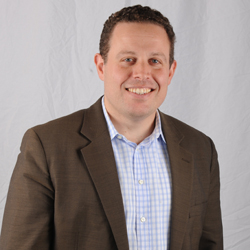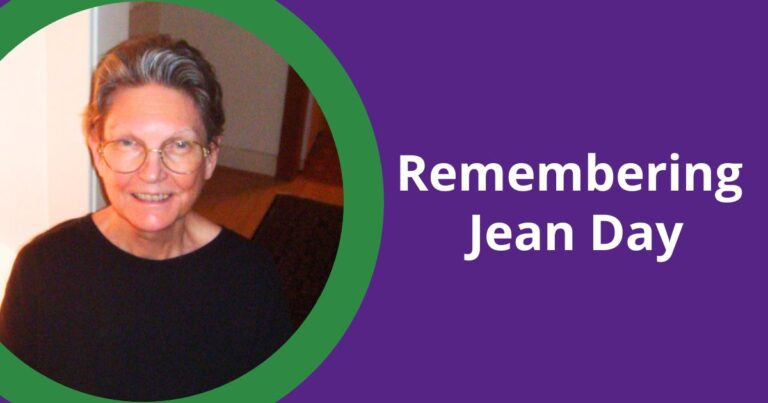 By Andy Igrejas, Director of the Safer Chemicals, Healthy Families coalition
By Andy Igrejas, Director of the Safer Chemicals, Healthy Families coalition
Last month the journal Pediatrics published a study confirming that American girls are, on average, reaching puberty earlier than they used to. This is bad news any way you look at it. Early puberty puts girls at risk for a host of mental and physical ailments, including depression and breast cancer. What makes this new research even more disheartening is that it documents one of several public health trends that are making the news and affecting millions of Americans. Rising rates of obesity, childhood cancers, learning and developmental disabilities, infertility . . . the list goes on. What do these trends have in common? Thanks to advances in science, researchers are now linking these health problems to people’s widespread exposure to harmful chemicals.
The good news is that Congress is catching up with the scientists and concerned families, and has put real reform proposals on the table. Not a moment too soon. Our current chemicals policy, the Toxic Substances Control Act (TSCA) enacted in 1976, is widely considered a failure. It’s so weak, the EPA can’t even regulate known carcinogens, like asbestos. Out of 80,000 chemicals in commerce, only 5 have been restricted. Enough said. This year Senator Lautenberg and Representatives Waxman and Rush introduced reform proposals that require chemical manufacturers to show that their products are safe before they are allowed in every day products like baby bottles and food containers.
Recent polling suggests these chemical reform proposals are enormously popular. [pullquote]/This is an issue that cuts across party lines and voters see it as indicative of a politician’s core values./[/pullquote] Reforming TSCA presents an opportunity for President Obama, Democrats in Congress, and even rogue Republicans to show that they’re making our nation’s health a priority.
We recently commissioned the Mellman Group to perform a poll, focused on the politics of reform. The group surveyed 825 voters pulled only from Congressional “swing” districts. Seventy-three percent of respondents identified the threat of toxic chemicals in every day life as “very” or “somewhat serious.” Seventy-four percent favored stricter regulations. Eighty-four percent favored “tightening controls,” with fifty percent of that figure calling it “very important.” But arguably the most interesting finding was that voters who think about toxic chemicals do not respond well to the argument that making safer chemicals and products will cost jobs. You can download a PDF version of the poll results here.
And, according to the Mellman poll, voters thinking about toxic chemicals are likely to punish elected officials perceived as opposing chemical reform, even for economic reasons. In fact, the poll found that people perceive politicians who support chemical reform as more likely to be supportive of job creation.
Why are voters willing to vote against politicians who don’t support chemical reform, even though they weren’t willing to do so based on climate change legislation, for example? Because health issues related to toxic chemicals hit voters in the gut. People are getting cancer younger. Learning disabilities and autism are proliferating. These conditions touch more and more families each year and they correctly associate some of this increase with toxic chemicals.
Despite vast bipartisan public support, reform efforts face fierce and well-funded opposition from the chemical industry. After working for over a year to cast themselves as pro-reform, the members of the American Chemistry Council (the industry trade group) finally showed their true colors during the first legislative hearing on the new bills. They ridiculed the idea of designing a common sense safety standard to protect children; they scoffed at the idea that decisions about a chemical’s safety should be based on all the ways people are typically exposed in their homes and places of work. And they pulled out their old threat that any law requiring safer chemicals would cost jobs.
But the American public isn’t buying it. Americans have woken up to the fact that their children are being exposed to harmful chemicals, and they are tired of worrying about how their choices at the check-out stand could lead to problems like early puberty. They are making their displeasure known in the marketplace, where they are starting to shun toxic products, and I’m betting they’ll make themselves felt in the voting booths, too. It’s time for Congress to put common sense limits on toxic chemicals — and provide the peace of mind millions of Americans have been waiting for.
Headquartered in Washington, DC, Safer Chemicals, Healthy Families is a coalition of 250 environmental health groups working to update our federal chemicals policy.



